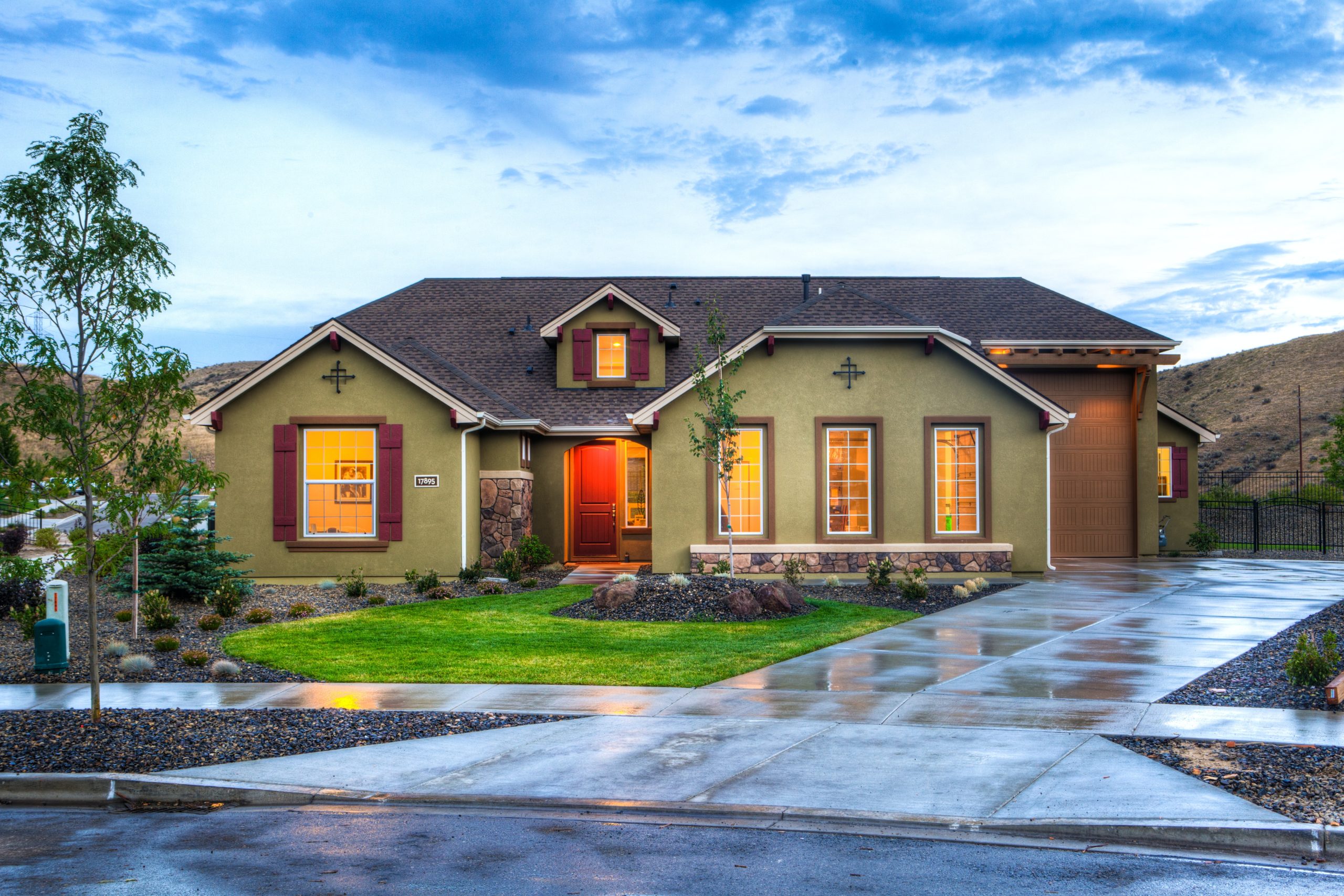For homeowners grappling with financial difficulties, the prospect of losing a home can be a daunting and overwhelming experience. When mortgage payments become unmanageable, two options often present themselves: foreclosure or bankruptcy.
While both paths offer potential solutions, they come with distinct implications and consequences that you must carefully weigh.
Foreclosure is the legal process through which a lender or mortgage company attempts to recover the outstanding balance on a defaulted loan by seizing and selling the property.
This process is typically initiated when a homeowner falls behind on their mortgage payments, usually after three to six missed installments.
The foreclosure process begins with a notice of default from the lender, followed by a period during which the homeowner can catch up on their payments or work out an alternative arrangement.
If the situation remains unresolved, the lender will file a notice of foreclosure sale, scheduling an auction date for the property.
At the foreclosure auction, the property is sold to the highest bidder, with the proceeds going towards paying off the remaining mortgage balance, interest, fees, and other costs associated with the process.
If the sale proceeds are insufficient to cover the outstanding debt, the homeowner may still be liable for the deficiency.
While foreclosure provides a resolution to mortgage delinquency, it comes with significant consequences that can have long-lasting effects on a homeowner’s financial well-being:

For homeowners struggling with mortgage payments, bankruptcy can offer an alternative path to avoiding foreclosure and potentially restructuring their mortgage debt. Both Chapter 7 and Chapter 13 bankruptcy provide unique benefits and considerations when it comes to addressing mortgage delinquencies.
Filing for Chapter 7 bankruptcy triggers an automatic stay, which temporarily halts all collection actions, including foreclosure proceedings.
This pause provides homeowners with a window of opportunity to explore their options, such as negotiating a loan modification or seeking alternative housing arrangements.
However, it’s important to note that the automatic stay is only temporary. Once the bankruptcy case is completed, typically within a few months, the lender can resume foreclosure proceedings if the homeowner is unable to catch up on their mortgage payments or negotiate a sustainable solution.
Filing Chapter 13 bankruptcy offers a more comprehensive approach to addressing mortgage delinquencies.
Under this type of bankruptcy, homeowners propose a repayment plan that consolidates their debts, including mortgage arrears, into a single, manageable payment plan spanning three to five years.
During the repayment period, the homeowner makes regular payments to a court-appointed trustee, who then distributes the funds to creditors, including the mortgage lender.
By adhering to the repayment plan, homeowners can catch up on missed mortgage payments, potentially avoiding foreclosure and keeping their homes.
To be eligible for bankruptcy protection, homeowners must meet specific income and debt thresholds, as well as complete credit counseling requirements.
Additionally, there are limits on how often an individual can file for bankruptcy, with a waiting period between filings.
Homeowners considering bankruptcy should also be aware of the potential drawbacks, such as the impact on their credit score, the need to adhere to strict repayment plans, and the potential for non-dischargeable debts, such as certain tax obligations or student loans.

The decision to pursue foreclosure or bankruptcy is a complex one that requires careful consideration of individual circumstances, financial goals, and long-term implications. Homeowners should seek guidance from qualified professionals who can help evaluate their situation and provide personalized advice.
An experienced bankruptcy attorney can assess the homeowner’s eligibility for bankruptcy, explain the process, and help develop a strategy to address mortgage delinquencies and other debts.
Additionally, consulting with a housing counselor approved by the U.S. Department of Housing and Urban Development (HUD) can provide valuable insights into foreclosure prevention options and potential loan modifications.
Ultimately, the choice between foreclosure and bankruptcy will depend on the homeowner’s specific financial situation, their long-term goals, and their ability to navigate the complexities of each process.
For those facing short-term financial hardship and a reasonable prospect of regaining financial stability, bankruptcy may offer a temporary solution to halt foreclosure and provide time to explore alternative arrangements or negotiate with lenders.
However, for homeowners with more severe and long-term financial challenges, foreclosure may be the more pragmatic option, allowing them to move forward without the burden of an unsustainable mortgage and focus on rebuilding their financial foundation.
Regardless of the path chosen, it’s essential for homeowners to take proactive steps, seek professional guidance, and carefully weigh the pros and cons of each option.
By doing so, they can make an informed decision that aligns with their goals and provides the best opportunity for a fresh start, whether it involves preserving their home or beginning anew.
Dealing with bankruptcy doesn’t have to be a single-person job. The bankruptcy lawyers at Parker & DuFresne will help you determine the best course of action to help you get out from under your debt and move forward to a debt-free financial future.
Call today at 904-733-7766 for a free consultation, or click the button at the top of the page to schedule online.

Parker and DuFresne
